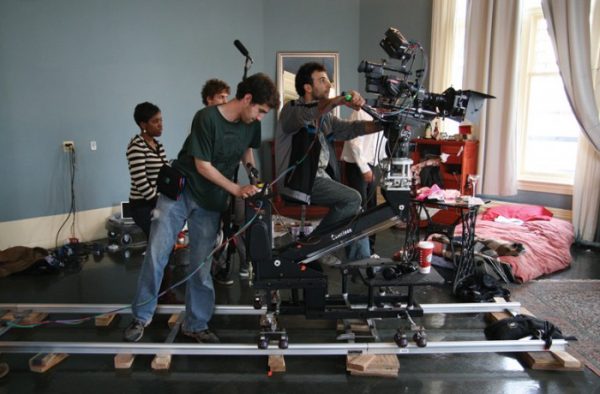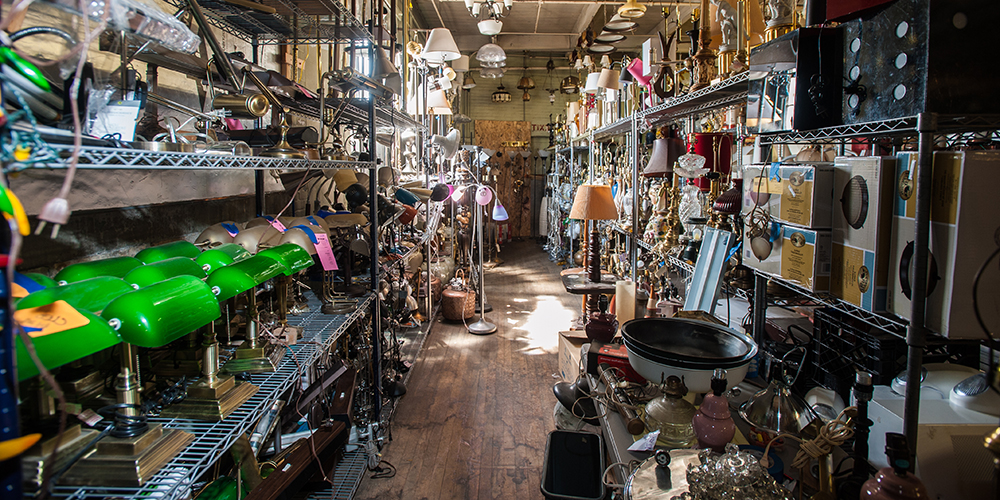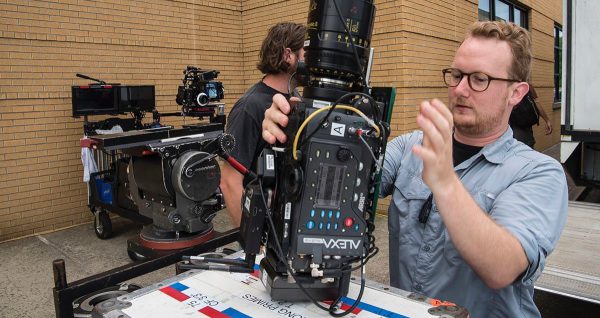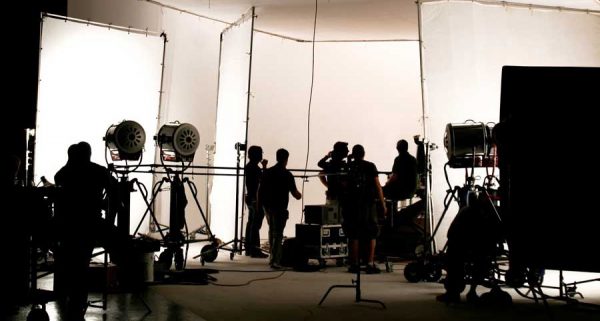No matter what they achieve in their career, every director was once a runner, a film student or a production assistant… So they are often keen on giving advice to young filmmakers. Here are our top picks:
Wes Anderson – Always start with your characters
During the 10th Rome Film Fest in 2015, the director from Houston, Texas, met the audience and, in a Q&A session, he shared several directorial tips like this one:
“For me a movie, the project usually begins almost always with a character or a group of characters. Usually there’s a sort of world… that’s tied in. But, for instance, the last film that I did, The Grand Budapest Hotel, there was a person we were modelling this role, this character who Ralph Fiennes plays in the film. There’s a real inspiration for him, and he was someone my co-writer Hugo Guinness [and I] were close to. In that case, if we put a style to it, it could be a literary style because of the way he talks. We wanted to write the way he talks to create a character in that way. But in that case it’s really the character that comes first.”






